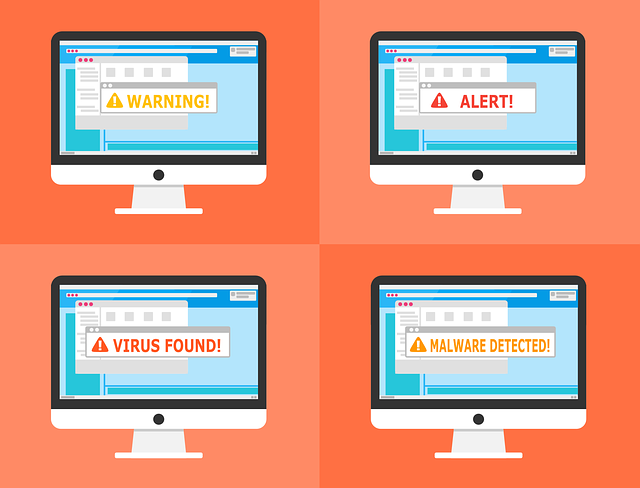Protect Your Computer from Viruses and Malware: A Guide to Staying Safe Online
With the increasing use of technology, the risk of falling victim to computer viruses and malware is higher than ever.
These malicious programs can cause harm to your computer, steal personal information, and even hold your data hostage.
In this article, we will provide tips and best practices to help you avoid falling victim to these cyber threats.
Understand the Different Types of Threats
Before we dive into the ways to protect your computer, it is essential to understand the different types of threats that exist.
The most common types of viruses and malware include:
1. Viruses –
A virus is a program that replicates itself and infects other files on your computer.
2. Trojans –
A Trojan is a program that disguises itself as a legitimate application, but once installed, it allows a hacker to gain access to your computer.
3. Ransomware –
Ransomware is a type of malware that encrypts your files and demands payment in exchange for the decryption key.
4. Adware –
Adware is a type of software that displays pop-up ads on your computer.
5. Spyware –
Spyware is a type of malware that collects information about your computer usage and sends it to a third party without your knowledge.
Keep Your Operating System and Software Up-to-Date
One of the most critical steps in protecting your computer from viruses and malware is to keep your operating system and software up-to-date.
Software developers release updates regularly to fix vulnerabilities and improve the performance of their products.
By installing these updates, you ensure that your computer is protected from known threats.
Use Antivirus Software and a Firewall
Antivirus software and firewalls are essential tools for protecting your computer from viruses and malware.
Antivirus software scans your computer for viruses and other malicious programs and removes them.
A firewall acts as a barrier between your computer and the internet, blocking unauthorized access to your system.
When choosing antivirus software, it is essential to select a reputable brand and to make sure that the software is up-to-date.
Some popular antivirus brands include Norton, McAfee, and Kaspersky.
Be Careful with Email Attachments and Links
Emails are a common way for viruses and malware to spread.
Be cautious when opening attachments and clicking on links in emails, even if they appear to be from a trusted source.
If you are unsure about an email, it is best to delete it.
Back Up Your Data Regularly
Backing up your data regularly is an essential step in protecting your computer from viruses and malware.
If your computer becomes infected with a virus or other malicious program, you can restore your data from a backup, minimizing the damage.
There are several options for backing up your data, including external hard drives, cloud storage services, and USB drives.
When selecting a backup method, consider the amount of data you need to backup and the frequency of your backups.
Be Cautious When Downloading Software and Files
Downloading software and files from the internet can be risky, as some of these downloads may contain viruses and malware.
Before downloading a file or software, research the source and make sure it is reputable.
If possible, download software and files only from trusted websites.
Stay Alert and Educate Yourself
The best defense against viruses and malware is education and awareness.
Stay informed about the latest threats and best practices for protecting your computer.
By taking the time to educate yourself, you can help prevent falling victim to these cyber attacks and keep your computer and personal information secure.
Conclusion
Protecting your computer from viruses and malware requires a combination of common sense and proactive measures.
Keeping your operating system and software up-to-date, using antivirus software and a firewall, being cautious with email attachments and links, backing up your data regularly, and being cautious when downloading software and files are essential steps in staying safe online.
Stay alert and educate yourself about the latest threats and best practices for protecting your computer.
With these tips and practices in mind, you can reduce your risk of falling victim to computer viruses and malware.
